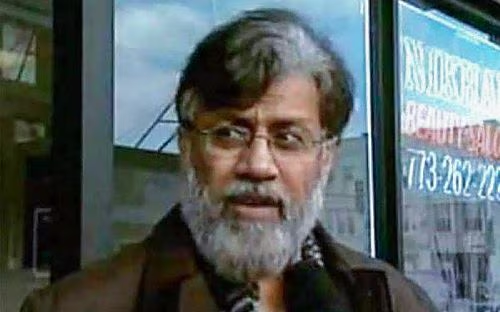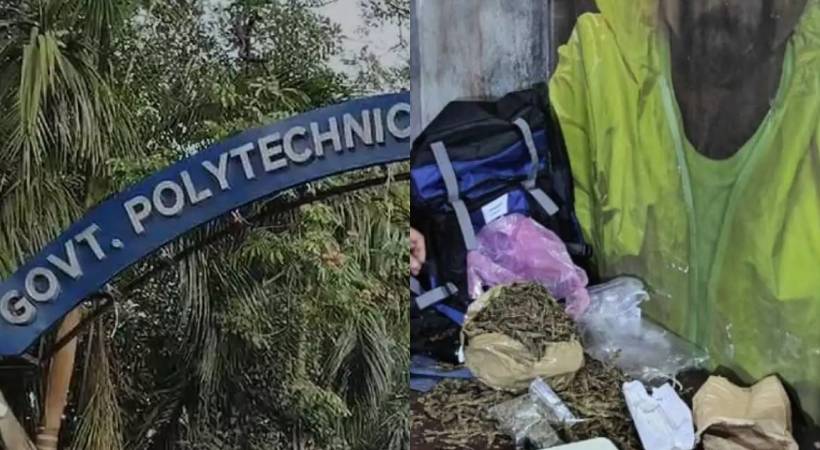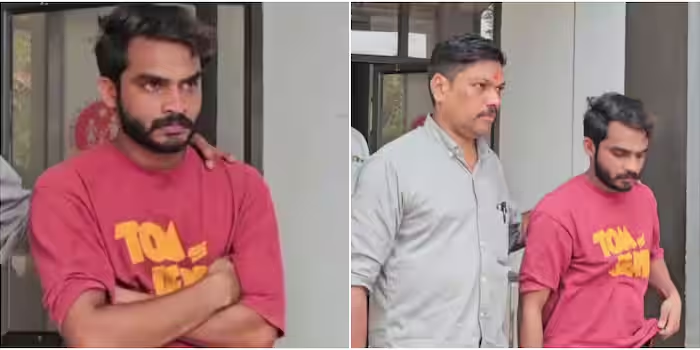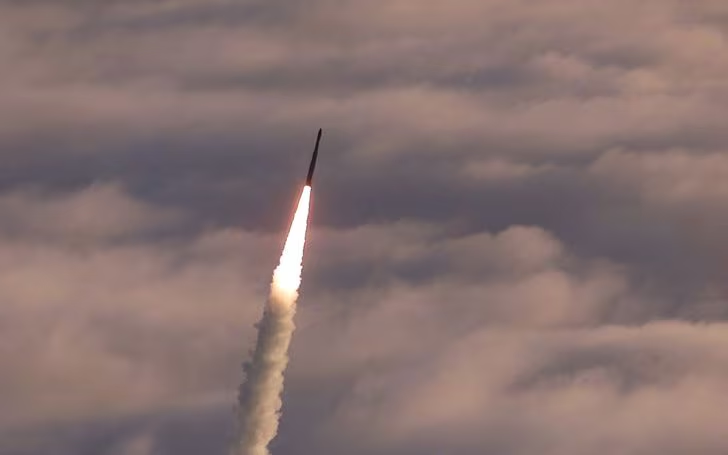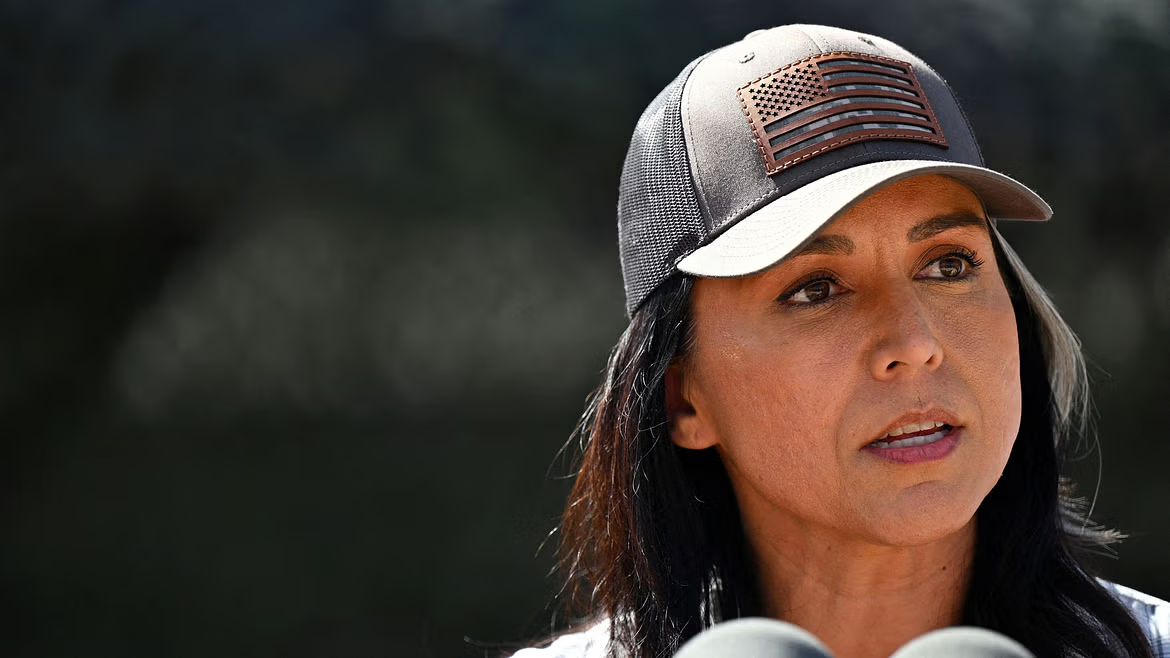Washington DC: United States Supreme Court has rejected the petition filed by 26/11 Mumbai terror attacks accused Tahawwur Rana seeking a stay on his extradition to India to face trial.
Rana, 64, a Canadian national of Pakistani origin, had moved an emergency application with the US Supreme Court seeking a stay on his extradition to India, citing fears of torture due to his Pakistani origin and Muslim identity.
Rana is currently detained at a metropolitan detention center in Los Angeles. He is known to be associated with Pakistani-American terrorist David Coleman Headley, one of the key conspirators behind the 26/11 attacks.
Rana filed an “Emergency Application for Stay” with the Associate Justice of the Supreme Court of the United States and Circuit Justice for the Ninth Circuit, arguing that his extradition to India violates US law and the United Nations Convention Against Torture.
“There are substantial grounds for believing that, if extradited to India, petitioner will be in danger of being subjected to torture,” the application stated. The petition further argued that Rana faces an “acute risk” due to his Muslim identity, Pakistani origin, former membership in the Pakistani Army, and connection to the Mumbai attacks. His legal team claimed that if extradited, “torture is very likely to kill him in short order.”
Rana’s lawyers also raised concerns over his severe medical conditions, arguing that his extradition to Indian detention facilities would amount to a “de facto death sentence.”
Medical records from July 2024 indicate that he suffered from multiple acute and life-threatening diagnoses, including multiple documented heart attacks, Parkinson’s disease with cognitive decline, a mass suggestive of bladder cancer, Stage 3 chronic kidney disease, chronic asthma and multiple COVID-19 infections.
Last month, President Donald Trump announced that his administration had approved the extradition of Rana to India, calling him “very evil” and stating that he must “face justice in India.”
This decision came after the US Supreme Court rejected Rana’s review petition in January. On February 11, Secretary of State Marco Rubio formally authorized Rana’s surrender to India under the US-India Extradition Treaty, according to a letter received by Rana’s counsel.
Rana’s legal team has since requested records from the US State Department regarding the basis of Rubio’s decision and any assurances received from India on Rana’s treatment. However, the application claims that the government declined to provide any information.
Rana’s counsel urged the US Supreme Court to stay his extradition and surrender until he exhausts all legal appeals, warning that “if a stay is not entered, there will be no review at all, and the petitioner will soon be dead.”

